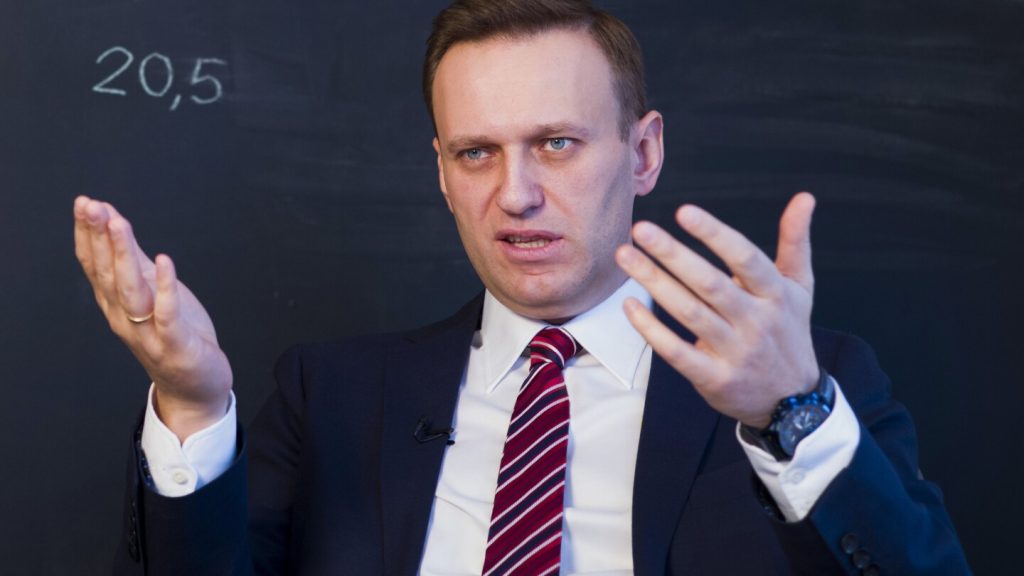U.S. intelligence officials have concluded that Russian President Vladimir Putin likely did not order the death of imprisoned opposition leader Alexei Navalny in February. While they believe Putin was ultimately responsible for Navalny’s death due to the brutal conditions he endured during his confinement, there is no direct evidence that Putin was aware of the timing of Navalny’s death or directly ordered it. The death of Navalny came shortly before Putin’s reelection, prompting speculation about the Russian president’s involvement. President Joe Biden had previously stated that Putin was ultimately responsible for Navalny’s death.
Navalny, who was Russia’s most well-known opposition politician and a consistent critic of Putin, died in February while serving a 19-year sentence on extremism charges that he believed were politically motivated. He had been in prison since January 2021 after returning from Germany, where he was receiving treatment for nerve-agent poisoning that he blamed on the Kremlin. Russian officials have maintained that Navalny died of natural causes and have denied involvement in the poisoning or his death. Putin easily won reelection for a fifth term in March, despite international criticism and ongoing concerns about human rights abuses in Russia.
The U.S. intelligence community’s determination that Putin likely did not directly order Navalny’s death sheds new light on the complex relationship between Russia and the United States. While Biden had previously stated that Putin was responsible for the outcome, the lack of direct evidence linking Putin to Navalny’s death complicates the situation. The intelligence community has not found a “smoking gun” implicating Putin in the timing of Navalny’s death just before the Russian president’s reelection. As tensions between the two countries continue to simmer, this latest development adds another layer of complexity to their already strained relationship.
The Wall Street Journal first reported on the U.S. intelligence community’s determination regarding Putin’s alleged involvement in Navalny’s death. The information, which was shared anonymously by an official familiar with the matter, highlights the sensitive nature of the investigation and the political implications of the findings. The lack of concrete evidence linking Putin to Navalny’s death leaves room for interpretation and speculation, both within the intelligence community and among political analysts. As the situation continues to evolve, the role of Navalny’s death in shaping U.S.-Russia relations remains uncertain.
Overall, the U.S. intelligence community’s assessment that Putin likely did not directly order Navalny’s death raises questions about the responsibility for human rights abuses in Russia and the implications for future relations with the United States. While Putin has faced international condemnation for his handling of Navalny and other political opponents, the lack of definitive evidence linking him to Navalny’s death complicates efforts to hold him directly accountable. As the Biden administration navigates its approach to Russia and Putin, the evolving dynamics of this situation will likely play a significant role in shaping diplomatic strategies and responses to human rights violations in Russia.


